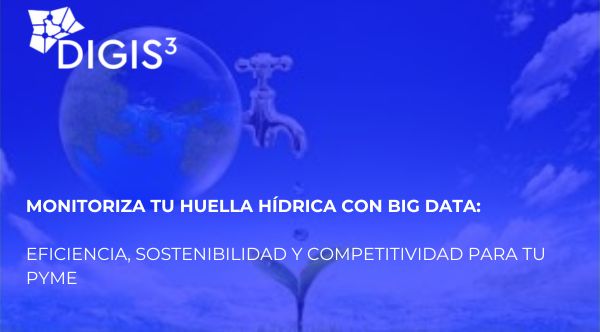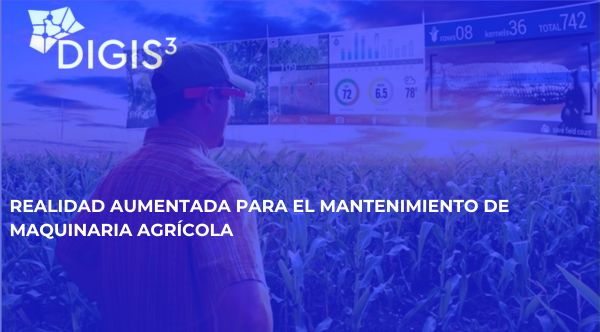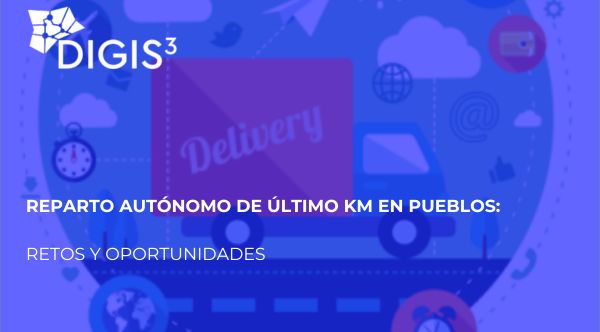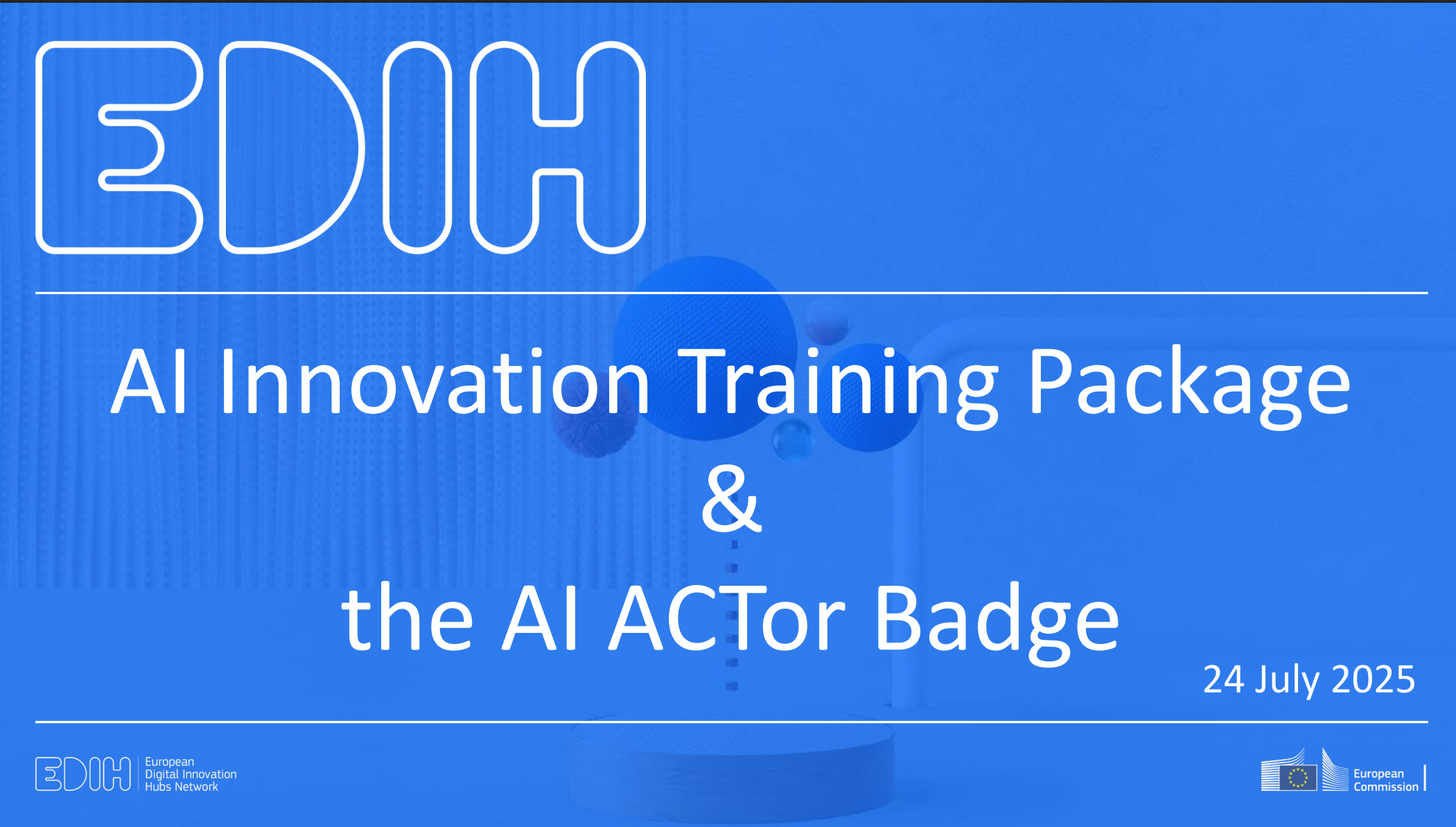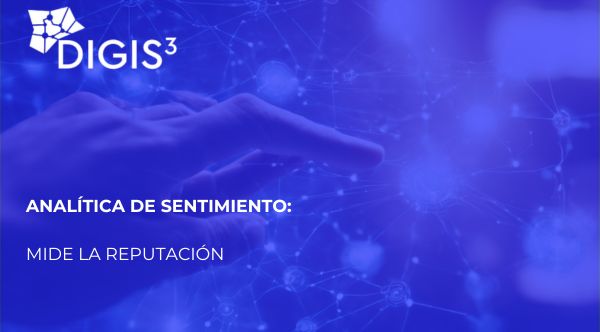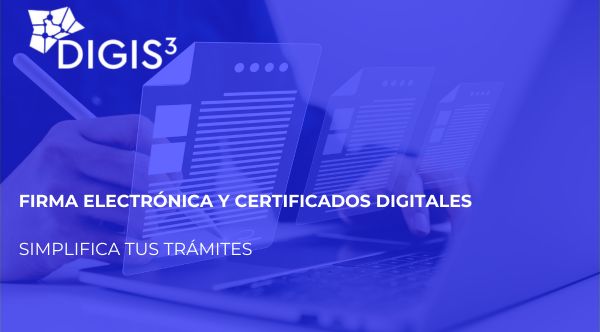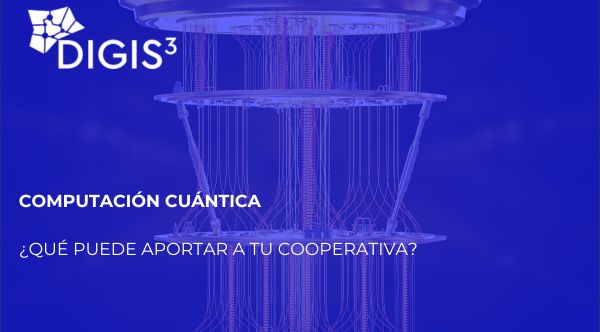DIGIS3, coordinated by the FOUNDATION INTERNATIONAL INSTITUTE FOR RESEARCH IN ARTIFICIAL INTELLIGENCE AND COMPUTER SCIENCES, will process the personal data provided through this form for the purpose of managing participation in DIGIS3 services, which aim to connect organizations, companies and professionals interested in establishing strategic collaborations in the fields of technological innovation, digitalization and knowledge transfer.
The legal basis that legitimizes this processing is the explicit consent of the data subject (art. 6.1.a of Regulation (EU) 2016/679 — GDPR), given freely, specifically, informedly and unequivocally by checking the corresponding box.
The data may, where appropriate, be communicated to entities participating in DIGIS3 or to other organizations interested in establishing professional contact or collaborating on joint projects, exclusively within the framework of the requested service, and always in accordance with the purposes described in our
Privacy Policy.
You may exercise your rights of access, rectification, erasure, objection, restriction of processing and data portability, as well as withdraw your consent at any time, by sending a request to the e‑mail address indicated in our
Privacy Policy. You also have the right to lodge a complaint with the Spanish Data Protection Agency (
www.aepd.es) if you consider that the processing does not comply with applicable law.
